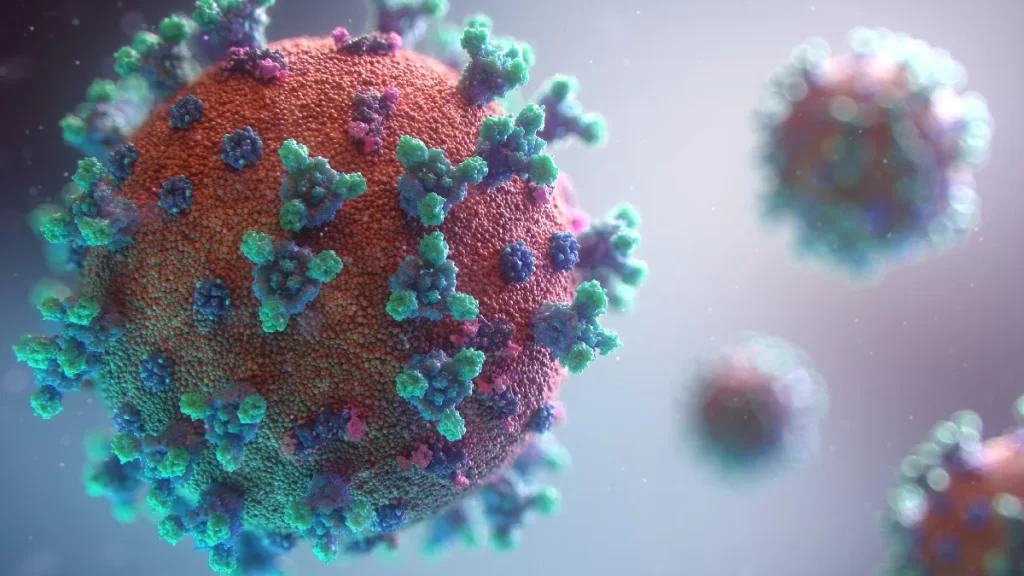Introduction
Elon Musk, the renowned entrepreneur and visionary behind companies like Tesla and SpaceX, made headlines in 2022 with the groundbreaking developments of Neuralink.
The ambitious venture, founded by Musk in 2016, aims to merge human brains with artificial intelligence (AI) through the implantation of brain chips.
This article delves into the details of Neuralink’s progress and its potential implications for the future.
Neuralink’s Revolutionary Brain Chip Technology
Neuralink’s brain chip technology is designed to enhance human cognition and bridge the gap between humans and machines.
The miniature device, known as the Neuralink implant, is comprised of ultra-thin threads, each thinner than a human hair, implanted directly into the brain.
These threads consist of electrodes that can detect and stimulate neural activity, allowing for seamless interaction between the brain and external devices.
Implantation Procedure and Safety Measures
Neuralink’s implantation procedure is performed by a team of skilled neurosurgeons. The process involves the use of advanced robotics and precision techniques to ensure accurate placement of the brain chips.
To ensure safety and minimize potential complications, the surgery is carried out in a sterile environment with stringent protocols.
Neuralink’s team has made significant advancements in refining the implantation process. They have successfully conducted extensive trials on animals, including primates, showcasing the efficacy and safety of the technology.
These trials have provided invaluable insights into the potential benefits and risks associated with brain chip implantation.
Potential Applications of Neuralink’s Brain Chip Technology
- Medical Advancements: Neuralink holds immense potential for medical applications. It could revolutionise the treatment of neurological disorders such as Parkinson’s disease, epilepsy, and spinal cord injuries. The brain chips can monitor and modulate neural activity, providing unprecedented control over various bodily functions.
- AI Integration: The integration of AI with the human brain could enable enhanced cognitive abilities, such as augmented memory, accelerated learning, and improved problem-solving skills. This development opens doors to a future where humans and AI work in harmony, allowing for advancements in fields like data analysis, research, and decision-making.
- Accessibility and Communication: Neuralink’s technology could enable individuals with severe physical disabilities to regain motor control and improve their quality of life. Moreover, it has the potential to revolutionise communication by allowing direct brain-to-brain interactions, transforming the way we interact and share information.
Ethical Considerations and Future Implications
The emergence of brain chip implantation raises important ethical questions and concerns. Issues related to privacy, security, consent, and equitable access to such technologies need careful consideration.
It is imperative that comprehensive regulatory frameworks are established to ensure the responsible development and use of brain chip technology.
Looking ahead, Neuralink’s advancements could pave the way for a new era of human-machine integration. While the technology is still in its early stages, Musk’s vision and determination continue to drive its progress.
The collaboration between scientists, researchers, and ethicists will be crucial in shaping the future trajectory of this transformative technology.
FAQ
Q: What is Neuralink?
A: Neuralink is a venture founded by Elon Musk in 2016. It aims to merge human brains with artificial intelligence (AI) through the implantation of brain chips, enabling a direct connection between the brain and external devices.
Q: When did Neuralink start implanting brain chips in humans?
A: Neuralink began implanting brain chips in humans in 2022.
Q: How does Neuralink’s brain chip technology work?
A: Neuralink’s brain chip technology involves the implantation of ultra-thin threads with electrodes into the brain. These threads detect and stimulate neural activity, allowing for seamless interaction between the brain and external devices.
Q: Is brain chip implantation safe?
A: Neuralink has made significant advancements in refining the implantation process, conducting extensive trials on animals to ensure safety. The surgery is performed by skilled neurosurgeons using advanced robotics and precision techniques.
Q: What are the potential applications of Neuralink’s brain chip technology?
A: The potential applications of Neuralink’s technology are vast. It could revolutionize the treatment of neurological disorders, enhance cognitive abilities, and improve communication. It holds promise for medical advancements, AI integration, and accessibility for individuals with physical disabilities.
Q: How could Neuralink’s technology benefit medical treatments?
A: Neuralink’s brain chips have the potential to revolutionize the treatment of neurological disorders such as Parkinson’s disease, epilepsy, and spinal cord injuries. They can monitor and modulate neural activity, offering enhanced control over bodily functions.
Q: Can Neuralink’s brain chip technology augment human cognition?
A: Yes, Neuralink’s technology has the potential to augment human cognition. It could enhance memory, accelerate learning, and improve problem-solving skills by integrating AI with the human brain.
Q: What are the ethical considerations surrounding brain chip implantation?
A: The emergence of brain chip implantation raises important ethical concerns. Privacy, security, consent, and equitable access to the technology are among the key considerations. Comprehensive regulatory frameworks are crucial to ensure responsible development and use of brain chip technology.
Q: What is the future trajectory of Neuralink’s brain chip technology?
A: While still in its early stages, Neuralink’s brain chip technology holds immense potential. Collaboration between scientists, researchers, and ethicists will be essential in shaping its future trajectory and ensuring its responsible implementation.
Q: How does Elon Musk envision the future of brain chip technology?
A: Elon Musk envisions a future where humans and AI work in harmony, enabling unprecedented advancements in various fields. His goal is to create a symbiotic relationship between humans and technology to enhance human capabilities and improve quality of life.
Please note that the answers provided here are based on available information up until 2021, and further developments may have occurred since then.
Conclusion
Elon Musk’s Neuralink venture made significant strides in 2022 by initiating the implantation of brain chips in humans. This revolutionary technology holds the potential to unlock new capabilities,
revolutionise medical treatments, and bridge the gap between humans and AI. However, the ethical implications of brain chip implantation require careful consideration. As we embark on this exciting journey,
it is essential to balance innovation with responsible implementation to ensure a future that benefits humanity as a whole.



